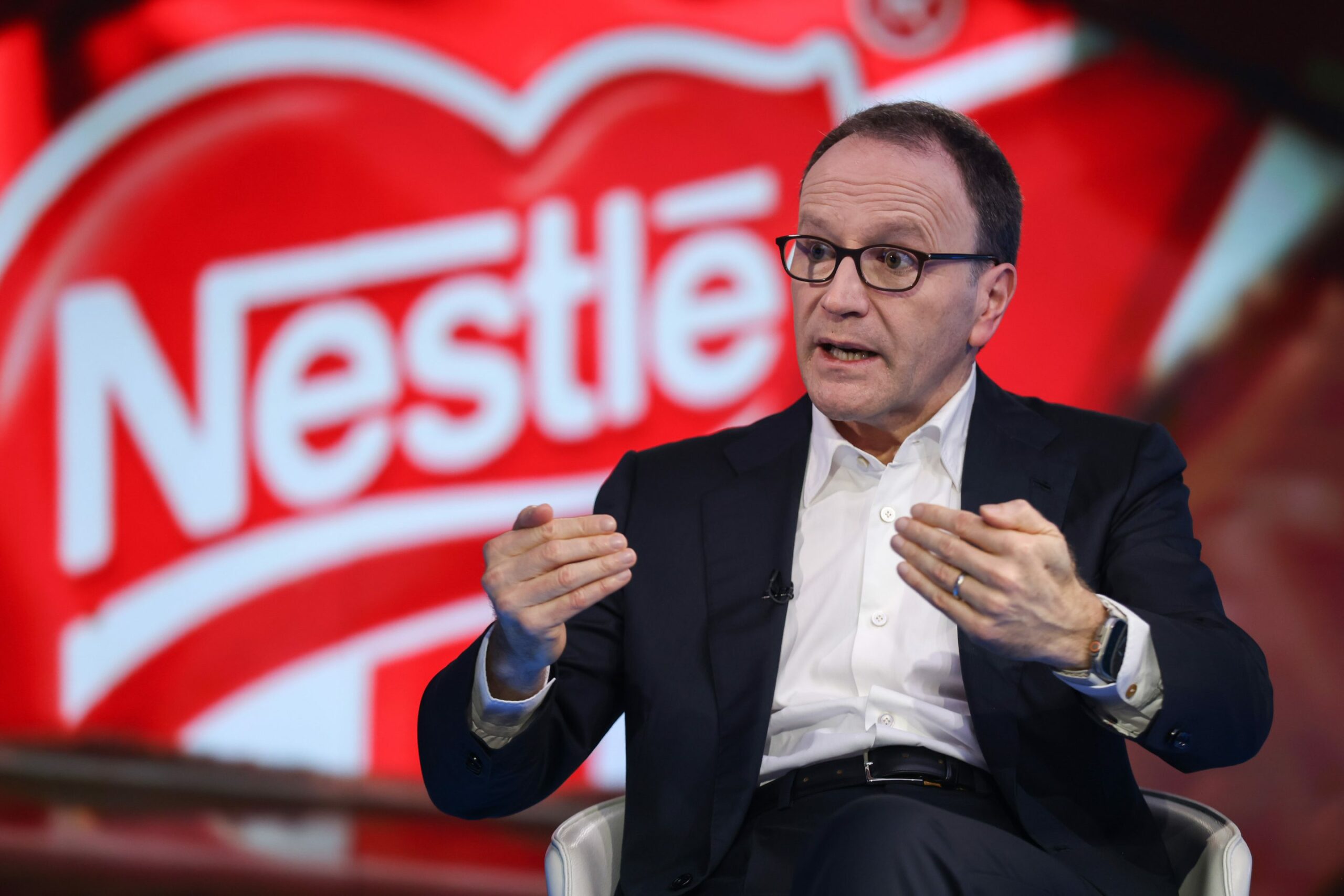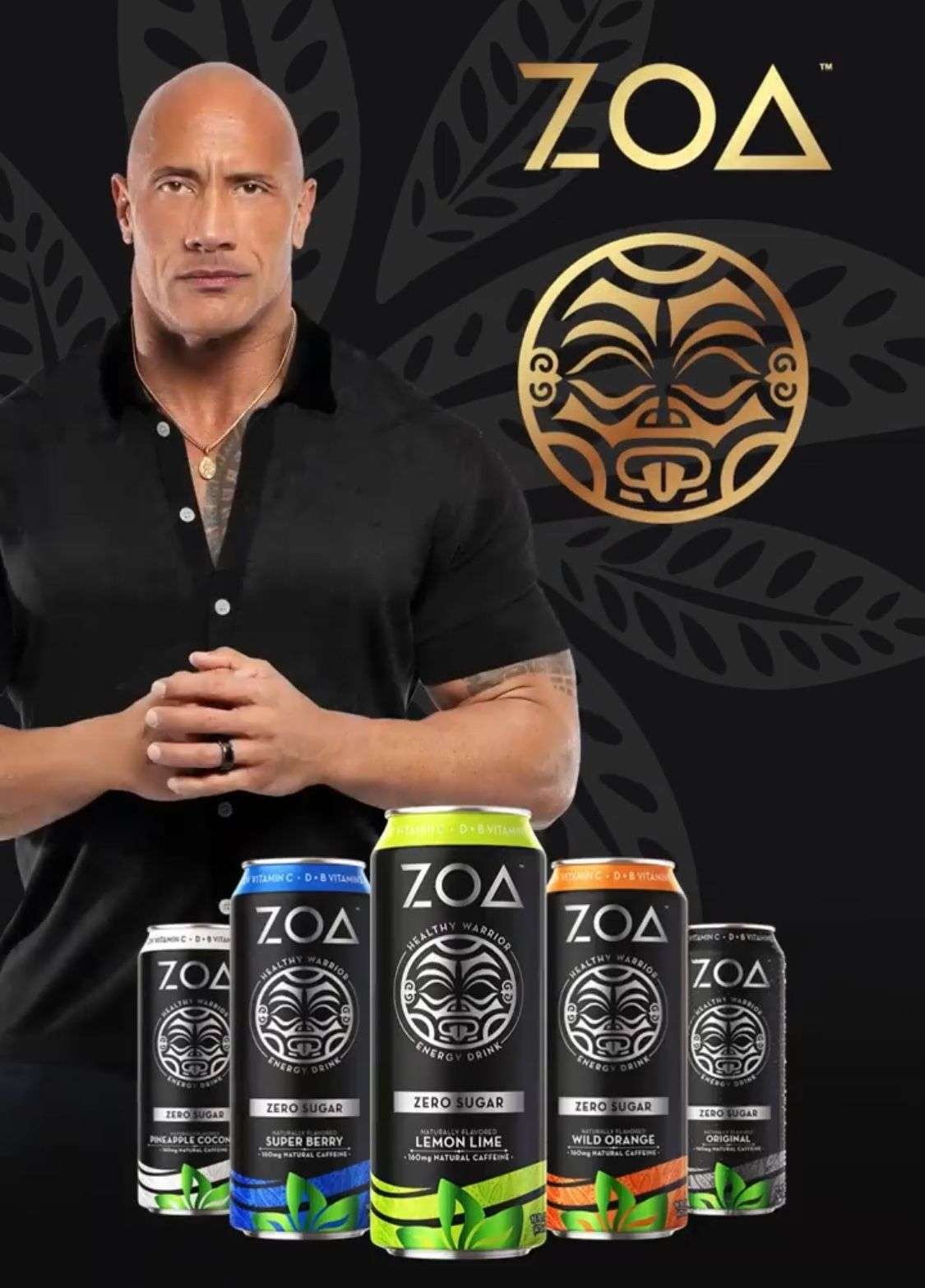In the rapidly evolving landscape of consumer goods, Nestlé is making a significant strategic shift by targeting the aging population. This move is rooted in the recognition of the growing demographic of older adults and their unique nutritional needs. By focusing on this market segment, Nestlé aims to leverage its expertise in health and wellness to cater to an audience that requires specialized products. This pivot is not just a response to changing demographics but a calculated business decision poised to drive growth and innovation.
Demographic Shifts and Market Potential
Globally, the population of individuals aged 65 and older is increasing at an unprecedented rate. According to the United Nations, the number of people aged 60 and above is expected to double by 2050, reaching over 2 billion. This demographic shift presents a substantial market opportunity for companies willing to adapt their product offerings. Nestlé, with its extensive experience in nutrition science, is uniquely positioned to address the dietary needs of older adults.
Health and Wellness: A Core Focus
As people age, their nutritional requirements evolve. Older adults often face challenges such as decreased metabolism, muscle loss, and a higher risk of chronic diseases. Nestlé’s focus on health and wellness products for this demographic aims to address these issues. By developing foods and beverages fortified with essential nutrients, the company is catering to the specific dietary needs of the aging population. Products designed to improve bone health, support cognitive function, and enhance overall well-being are central to Nestlé’s strategy.
Product Innovation and Development
Nestlé’s commitment to the aging market is reflected in its innovative product development. The company has introduced several products specifically tailored to meet the needs of older consumers. For example, Nestlé Health Science has developed nutritional supplements and meal replacements that cater to the dietary requirements of seniors. These products are designed to be easy to consume and digest, ensuring that older adults receive the necessary nutrients to maintain their health.
Strategic Partnerships and Collaborations
To strengthen its position in the aging market, Nestlé has entered into strategic partnerships and collaborations with healthcare providers and research institutions. These alliances enable Nestlé to leverage cutting-edge research and technology to develop products that address the unique needs of older adults. By working closely with experts in gerontology and nutrition, Nestlé ensures that its products are backed by scientific evidence and tailored to promote healthy aging.
Marketing and Outreach
Effective marketing and outreach are crucial to Nestlé’s strategy for targeting the aging population. The company is investing in educational campaigns to raise awareness about the importance of proper nutrition for older adults. By highlighting the benefits of its products and providing practical dietary advice, Nestlé aims to build trust and loyalty among older consumers. Additionally, the company is utilizing digital platforms and social media to reach a broader audience and engage with caregivers and healthcare professionals who play a vital role in the decision-making process for older adults.
Addressing Social and Economic Factors
Nestlé’s focus on the aging market also takes into consideration the social and economic factors that influence the purchasing behavior of older adults. Many seniors live on fixed incomes and may face financial constraints that impact their ability to buy nutritious food. Nestlé is committed to making its health-focused products affordable and accessible to all seniors. The company is also exploring opportunities to collaborate with government programs and non-profit organizations to support initiatives that promote healthy aging.
Challenges and Considerations
While the aging market presents significant opportunities, it also poses challenges. Developing products that meet the diverse needs of older adults requires extensive research and development. Additionally, addressing the stigma associated with aging and promoting a positive image of senior consumers is essential. Nestlé is tackling these challenges by investing in consumer research and engaging with older adults to understand their preferences and concerns. By adopting a customer-centric approach, Nestlé aims to create products that resonate with seniors and enhance their quality of life.
Future Outlook
Nestlé’s focus on the aging market is part of its broader strategy to position itself as a leader in the health and wellness sector. As the global population continues to age, the demand for specialized nutritional products is expected to grow. Nestlé’s commitment to innovation, strategic partnerships, and consumer education positions the company to capitalize on this trend. By prioritizing the needs of older adults, Nestlé is not only addressing a critical market but also contributing to the overall well-being of a growing demographic.
In conclusion, Nestlé’s strategic focus on the aging population is a forward-thinking move that aligns with global demographic trends. By leveraging its expertise in health and nutrition, the company is poised to meet the evolving needs of older adults and drive future growth. Nestlé’s commitment to innovation, affordability, and consumer education ensures that it remains at the forefront of the health and wellness market, catering to a demographic that is increasingly shaping the consumer landscape.



